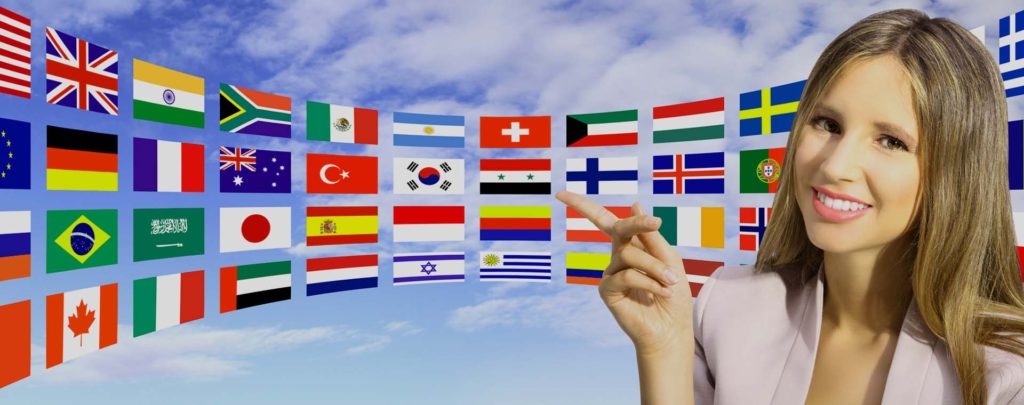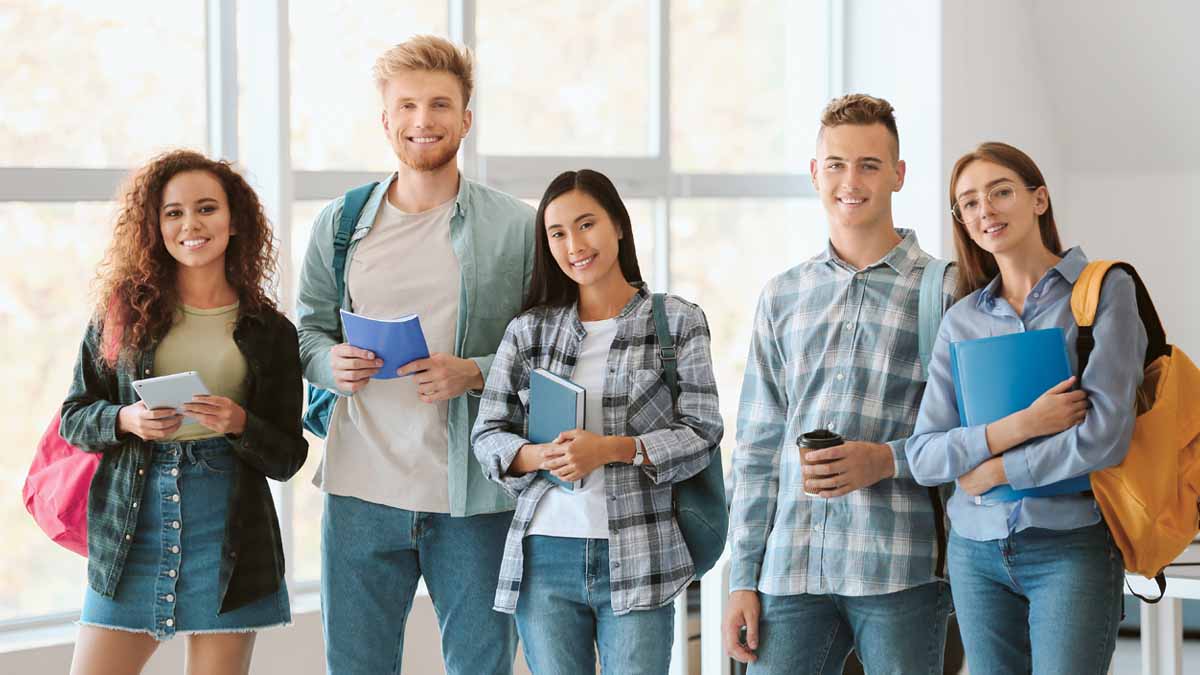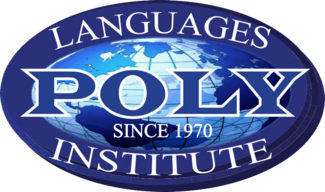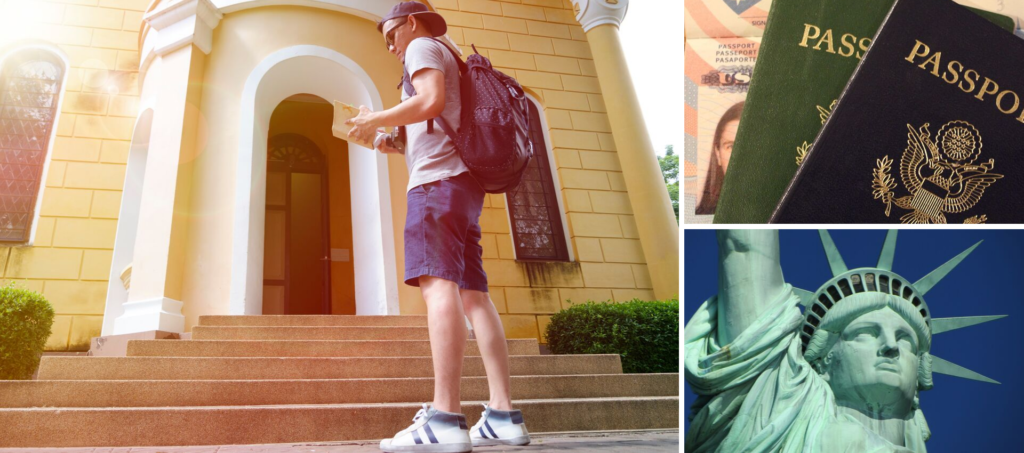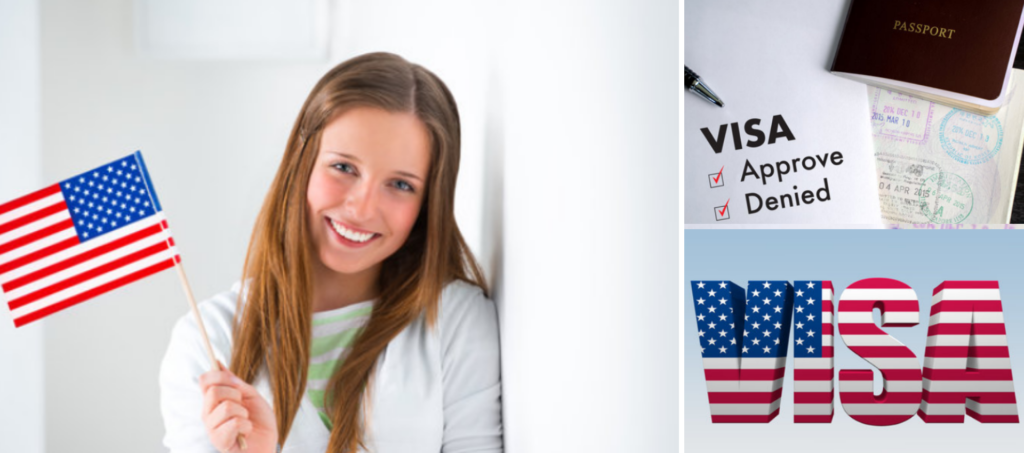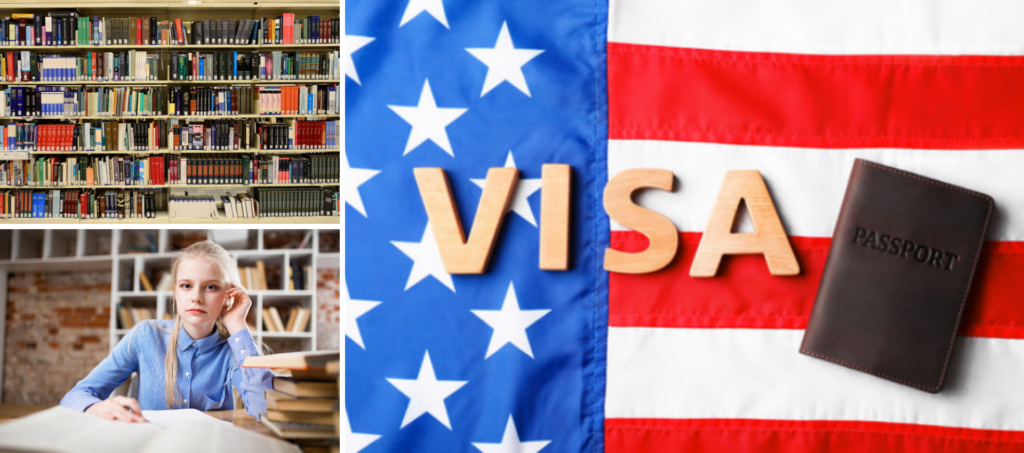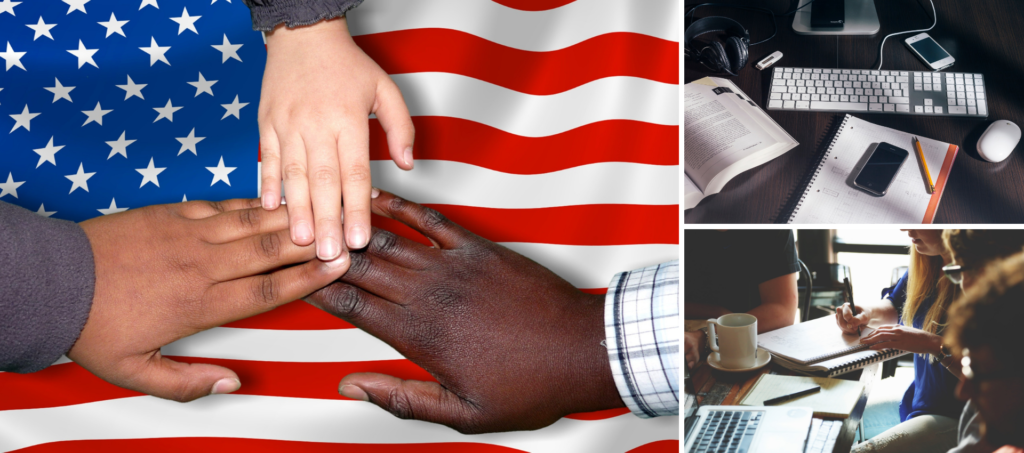Poly Languages Institute: Unlocking the World through Language Exploration
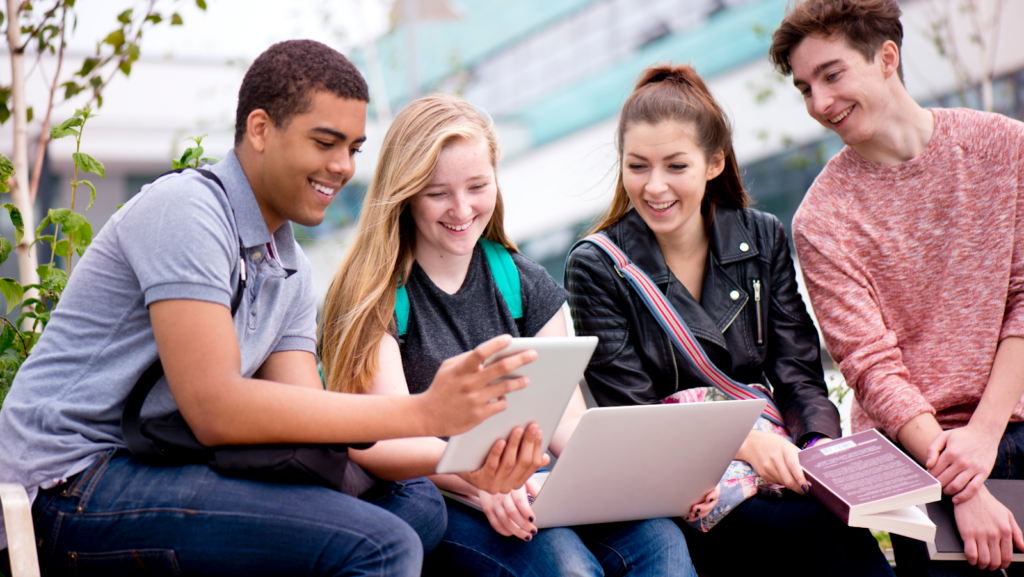
In today’s increasingly interconnected world, the benefits of learning a second language have become more evident than ever before. At Poly Languages Institute, we firmly believe in the transformative power of language acquisition and strive to provide a platform for individuals to expand their horizons through linguistic exploration. Whether you’re a curious teenager or a seasoned professional, our doors are open to anyone eager to embark on the enriching journey of learning a second language.

The advantages of learning a second language extend far beyond the mere ability to communicate with people from different cultures. It opens up a whole new world of opportunities, broadening your perspective, enhancing cognitive abilities, and fostering personal and professional growth. Let’s delve into some of the remarkable benefits that await those who dare to embrace the art of language acquisition.

First and foremost, learning a second language enhances communication skills. Mastery of another language allows you to effortlessly engage with people from diverse backgrounds, strengthening cross-cultural connections and enabling meaningful interactions. Whether it’s traveling to a foreign country, building international relationships, or expanding your professional network, proficiency in a second language acts as a bridge, fostering understanding and empathy.

Moreover, studies have consistently shown that learning a second language improves cognitive abilities. It stimulates the brain, sharpening critical thinking, problem-solving, and multitasking skills. Bilingual individuals are known to possess enhanced memory, mental flexibility, and creativity. By challenging your brain with a new linguistic code, you exercise its neural pathways, ultimately enhancing your overall cognitive function.

Additionally, learning a second language provides a gateway to new cultures and perspectives. Language is intertwined with culture, and by delving into a foreign language, you gain a deeper understanding of the customs, traditions, and values of the people who speak it. This cultural immersion fosters appreciation, empathy, and a broader worldview. It allows you to see the world through different lenses, enriching your personal experiences and making you a more adaptable and open-minded individual.

Now, who can learn a second language? The answer is simple: anyone with the curiosity and willingness to embrace the journey. At Poly Languages Institute, we cater to a diverse range of students, regardless of age or background. Whether you’re a high school student eager to expand your linguistic repertoire, a working professional seeking to boost your career prospects, or a retiree with a passion for learning, our institution is here to support and guide you.
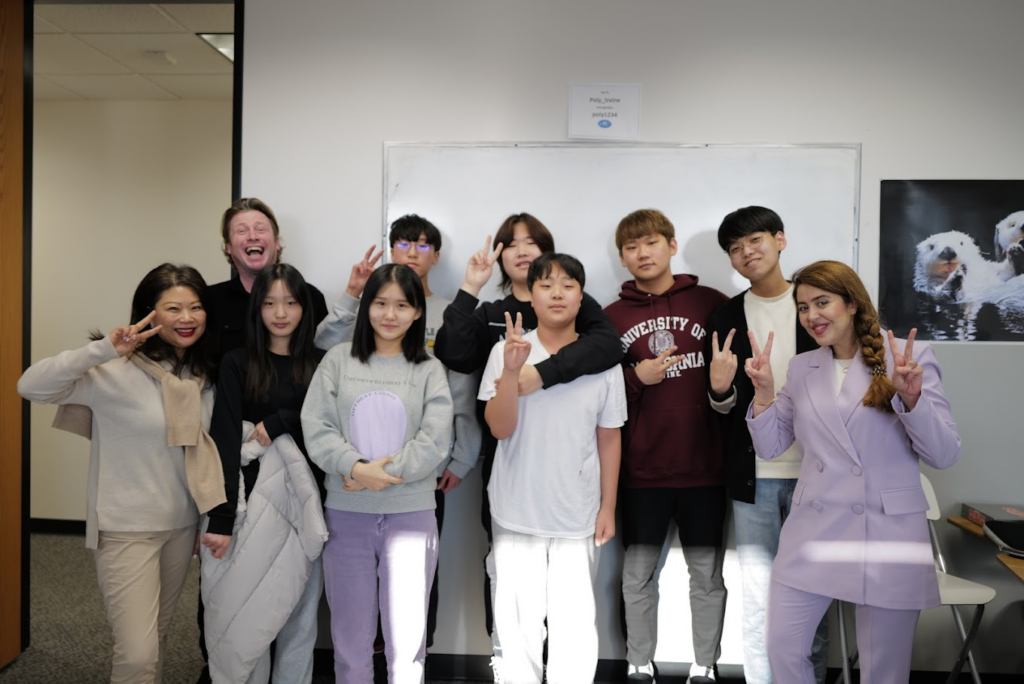
Furthermore, we extend a warm welcome to those interested in learning English. As the lingua franca of the modern world, English is an invaluable tool for communication, business, and academic pursuits. Our dedicated team of experienced instructors at Poly Languages Institute is equipped to provide comprehensive English language education, focusing on listening, speaking, reading, and writing skills. We offer a nurturing and inclusive environment, tailored to meet the unique needs and goals of each student.
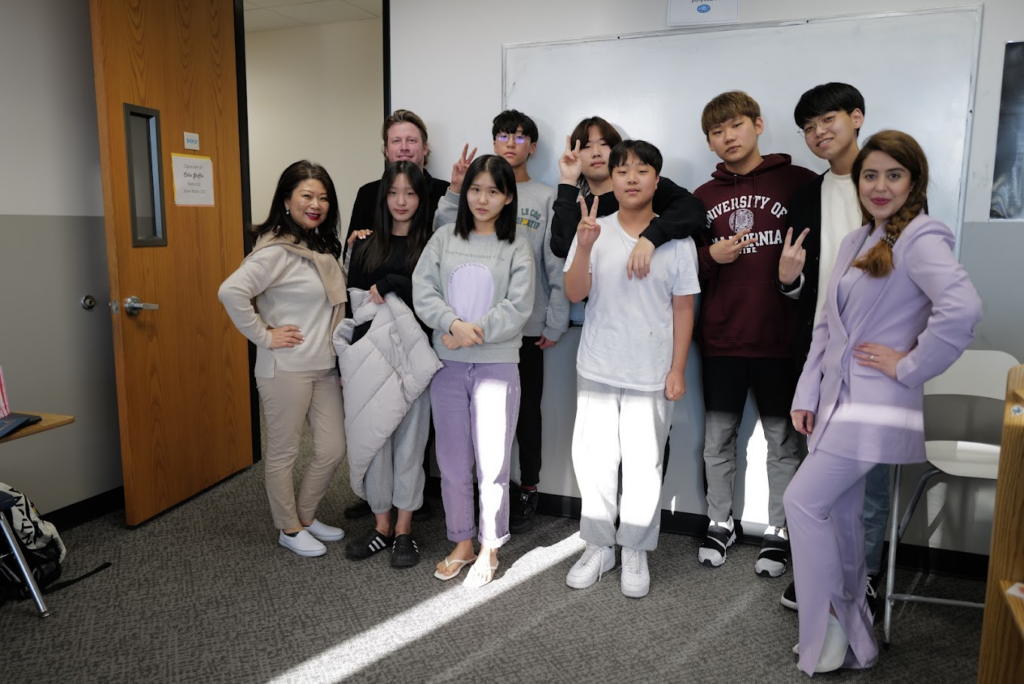
In conclusion, learning a second language at Poly Languages Institute offers a myriad of benefits, ranging from improved communication skills and cognitive abilities to cultural enrichment and a broader worldview. Our institution embraces the power of language as a catalyst for personal and professional growth, inviting individuals from all walks of life to embark on this transformative journey. Join us at Poly Languages Institute, where we open doors to the world and empower you to unlock new opportunities through language exploration.

